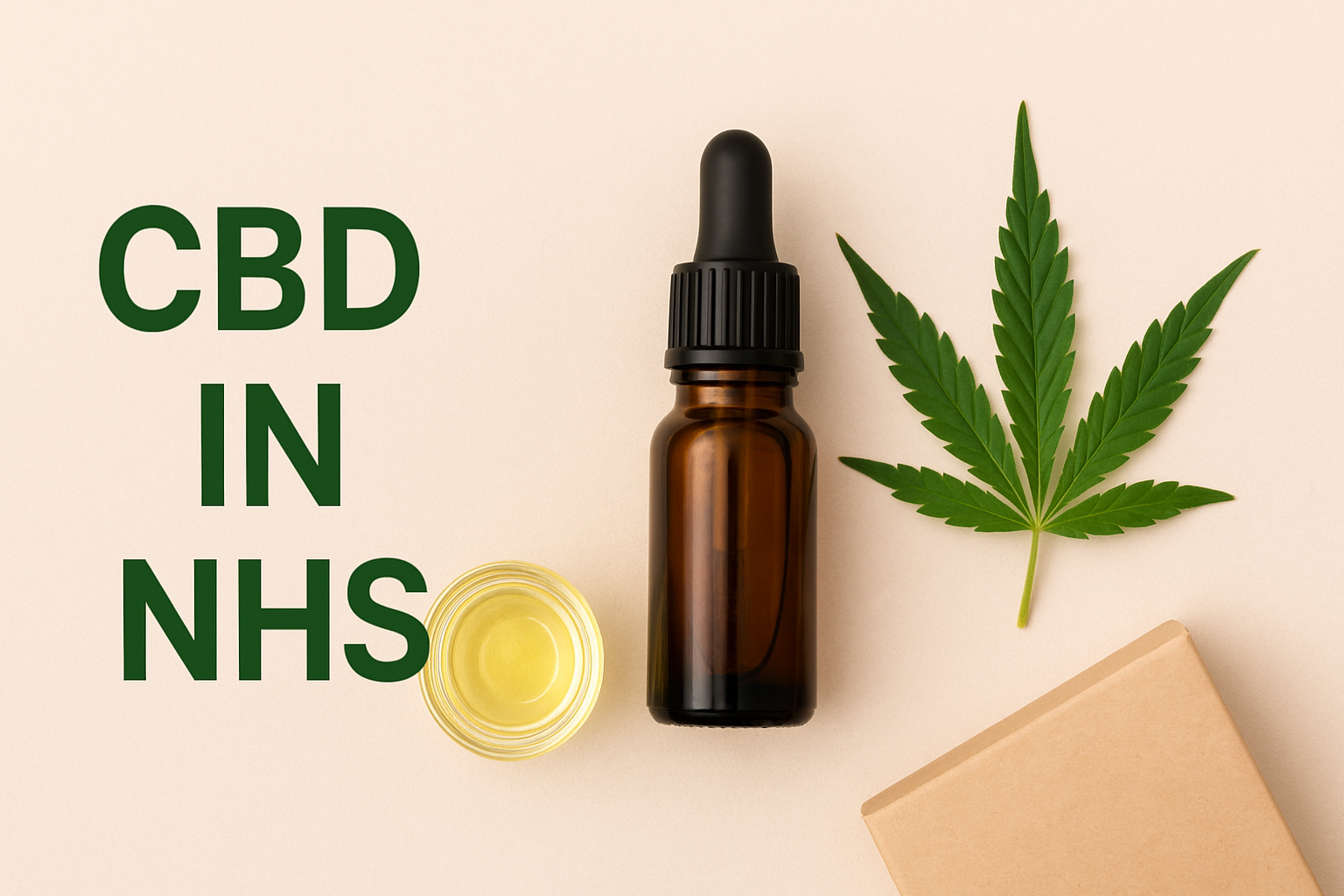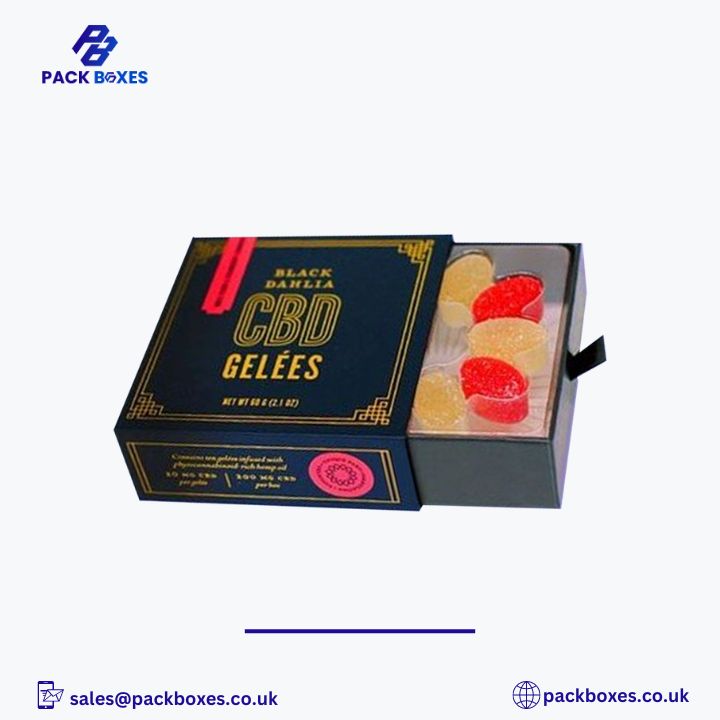Introduction
Cannabidiol, commonly known as CBD, has gained substantial attention in recent years for its potential therapeutic benefits. In the UK, particularly within the National Health Service (NHS), CBD-based treatments are cautiously integrated into patient care for certain conditions. While not a cure-all, CBD has shown promise in managing various health concerns — especially neurological disorders and chronic pain.
For CBD products to reach patients effectively and safely, proper manufacturing, legal compliance, and secure packaging play a vital role. Businesses providing CBD Oil Packaging Boxes UK solutions contribute to this regulated supply chain by ensuring that CBD items maintain their integrity from production to end use.
Understanding CBD in the NHS Context
CBD is a naturally occurring compound extracted from the cannabis plant. Unlike THC (tetrahydrocannabinol), CBD is non-psychoactive, meaning it does not produce the “high” commonly associated with marijuana.
The NHS, in line with the UK’s Medicines and Healthcare products Regulatory Agency (MHRA) guidelines, allows the prescription of certain CBD-based medicines under strict conditions. These are typically reserved for patients with severe medical needs where other treatments have failed.
Current NHS-Approved Uses of CBD
At present, NHS-approved CBD use in the UK is limited but significant in specific areas:
- Severe Epilepsy – CBD-based medicines such as Epidyolex have been approved for treating rare and severe forms of epilepsy like Dravet syndrome and Lennox-Gastaut syndrome.
- Multiple Sclerosis (MS) – Sativex, a cannabis-derived spray containing CBD and THC, can be prescribed for muscle spasticity in MS patients when other treatments do not work.
- Nausea from Chemotherapy – In some cases, CBD in combination with THC may be prescribed to alleviate severe nausea and vomiting caused by chemotherapy.
These treatments are highly regulated, and NHS specialists must follow stringent prescription protocols.
Potential Benefits Under Ongoing Research
Outside of approved NHS uses, researchers continue to investigate CBD’s potential in:
- Chronic Pain Management
- Anxiety Disorders
- Sleep Disorders
- Neurodegenerative Diseases (like Parkinson’s)
- Inflammatory Conditions
However, while early findings are promising, the NHS maintains a cautious approach until strong clinical evidence supports widespread prescription.
CBD and Legal Considerations in the UK
For CBD products to be used legally in the UK:
- They must contain less than 0.2% THC.
- They must be derived from approved industrial hemp strains.
- They must meet safety and labeling requirements.
In NHS-approved medicines, the THC content is carefully controlled, and manufacturing standards are strictly monitored.
The Role of Packaging in CBD Product Safety
When CBD is provided through the NHS or private markets, the packaging serves a critical function:
- Preserving potency by protecting against light, air, and moisture.
- Ensuring compliance with legal labeling and dosage instructions.
- Preventing tampering for patient safety.
This is where suppliers of CBD Oil Packaging Boxes UK are essential. They create packaging that meets regulatory standards, ensures product safety, and supports proper branding in a competitive market.
Why CBD Packaging Standards Matter for NHS and Retail
While NHS prescriptions are dispensed in pharmacy-standard containers, retail CBD brands must invest in professional packaging to build trust. High-quality packaging communicates product legitimacy, compliance with UK law, and respect for customer health.
Moreover, sustainable packaging is increasingly valued, as many UK consumers prefer eco-friendly solutions that align with environmental regulations.
Challenges in NHS CBD Adoption
Despite growing public interest, CBD in NHS use is still restricted due to:
- Insufficient long-term research
- High costs of approved medicines
- Regulatory complexities
- Limited specialist awareness in certain medical fields
For broader adoption, more large-scale studies are needed to confirm safety, effectiveness, and appropriate dosing.
Future of CBD in NHS Healthcare
The next decade could see wider NHS use of CBD if research continues to validate its potential in:
- Chronic pain without addictive opioids
- Mental health management in anxiety and PTSD
- Supportive therapies in cancer treatment
- Alzheimer’s symptom management
However, public demand will need to be balanced with medical caution and strict legal frameworks.
Packaging’s Role in Industry Growth
As CBD markets expand, businesses supplying CBD Oil Packaging Boxes UK will play a crucial role in ensuring products meet legal, safety, and branding needs. This benefits not only retail businesses but also supports the credibility of CBD products in both private and NHS channels.
Conclusion
CBD’s role within the NHS is currently narrow but impactful for certain medical conditions. Its potential for broader therapeutic use is being explored, and packaging remains a key factor in ensuring quality, compliance, and safety. For CBD to fully integrate into UK healthcare, ongoing research, patient safety, and responsible business practices — including proper packaging — are essential.
10 FAQs About CBD Use in the NHS
1. Is CBD legal in the UK?
Yes, CBD is legal if it contains less than 0.2% THC and meets MHRA regulations.
2. Does the NHS prescribe CBD for anxiety?
Currently, no — there’s insufficient evidence for NHS prescriptions for anxiety.
3. What CBD medicines are approved by the NHS?
Epidyolex for severe epilepsy and Sativex for MS-related muscle spasticity.
4. Can I get CBD oil from my GP?
Most GPs cannot prescribe CBD unless you are referred to a specialist under NHS rules.
5. Is CBD addictive?
No, CBD is not considered addictive according to current medical research.
6. Are CBD products on the high street NHS-approved?
No, most retail CBD oils are supplements, not NHS medicines.
7. What is the difference between CBD oil and NHS CBD medicine?
NHS CBD medicines are regulated, tested, and prescribed; retail CBD oils are supplements.
8. How should CBD be stored?
In a cool, dry place, away from sunlight, ideally in protective packaging.
9. Why is packaging important for CBD products?
It protects the product’s quality, ensures compliance, and builds consumer trust.
10. Will NHS expand CBD prescriptions in the future?
Possibly, if more clinical evidence supports its wider medical use.







